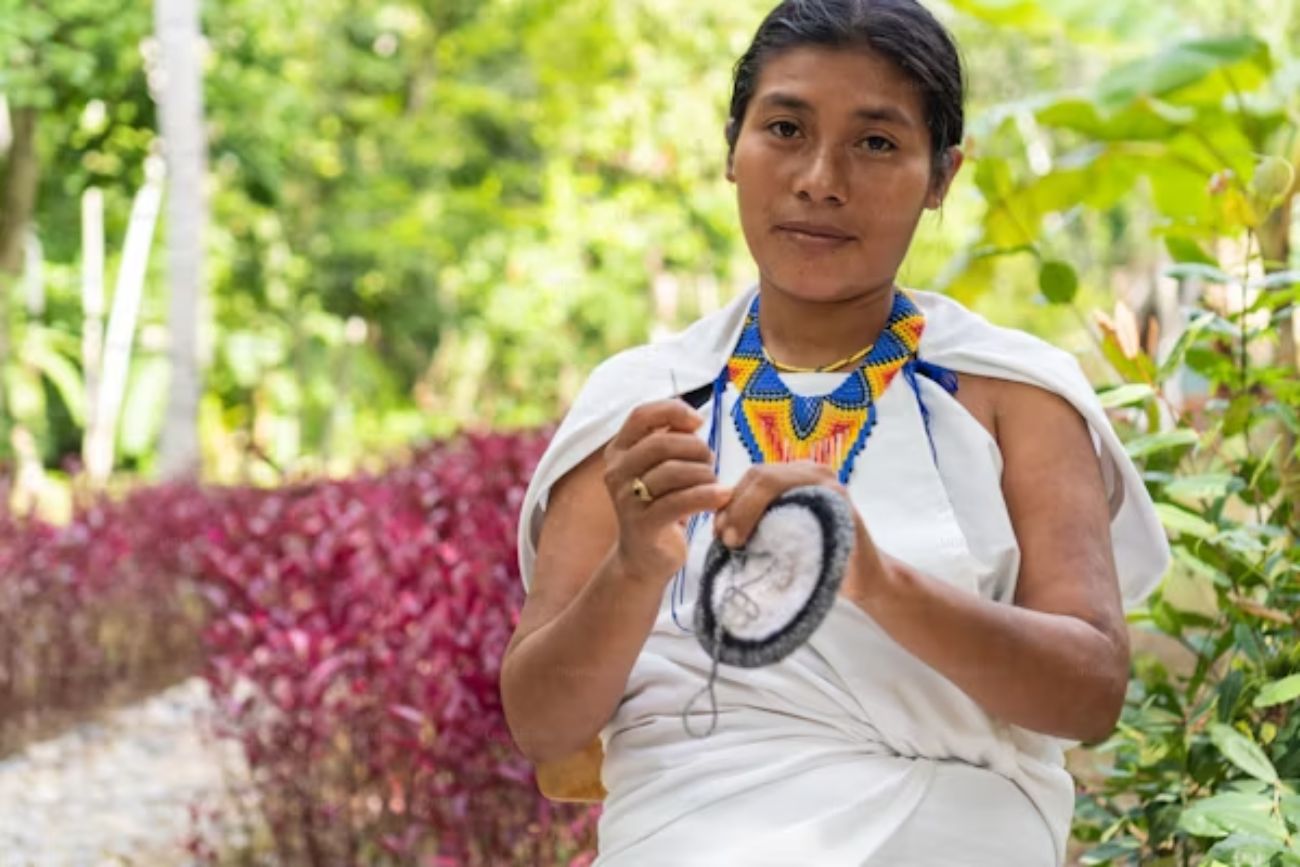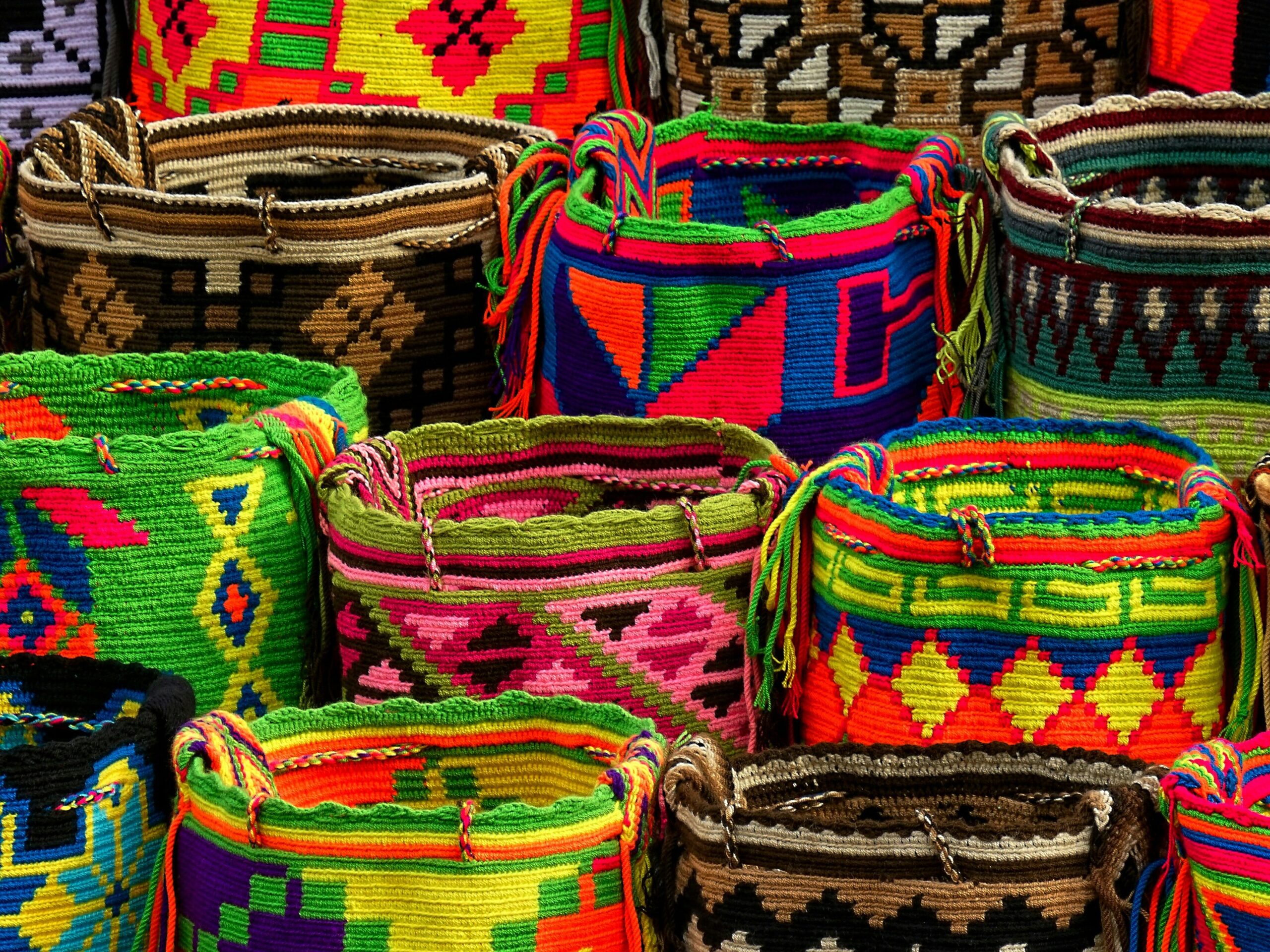
25 Common Colombian Spanish Phrases for Everyday Use
Colombian Spanish is rich, vibrant, and full of unique expressions. To sound like a local in Colombia, mastering common Colombian Spanish phrases is a must.
In this article, we’ll explore the 25 most common colloquial Colombian Spanish phrases that you can use in everyday conversations. Whether you’re planning a trip to Colombia or simply want to enhance your Spanish skills, these phrases will help you navigate through various situations with ease.

Colombian Spanish Phrases : Expressions of Approval and Emotion
1. ¡Qué bacano!
This expression stands out as one of the most popular in Colombia. People use it to express that something is cool, awesome, or fantastic. Whether you’re talking about a great party, an exciting experience, or even a delicious meal, “¡Qué bacano!” is the phrase you need.
2. Chévere
“Chévere” is a widely used term across Latin America, and in Colombia, it means something is cool, nice, or pleasant. Therefore, you can use it to describe anything from a person to an experience.
3. ¡De una!
This phrase expresses immediate agreement or enthusiasm, similar to saying “Absolutely!” or “Let’s do it!” in English. For example, if someone asks, “¿Vamos a la playa?” you can respond with, “¡De una!”
4. Charro
“Charro” describes something funny or amusing. So, if someone tells you a joke and you find it hilarious, you can respond with, “¡Qué charro!”
5. Buena onda
“Buena onda” refers to someone who has a good vibe or is easygoing. Indeed, it’s a compliment to say that someone is “buena onda.” Although this phrase spreads across Latin America, Colombians use it frequently.
6. Juepucha
“Juepucha” provides a milder, more socially acceptable version of a curse word. Moreover, it serves as an exclamation that can express surprise, frustration, or even admiration, depending on the context.
Terms of Friendship and Coexistence
7. Parcero / Parcera
Equivalent to “dude” or “buddy” in English, “parcero” (for males) and “parcera” (for females) are terms of endearment used among friends. If you want to sound like a local, sprinkle this word into your conversations with close friends.
8. Man / Mona
In Colombian Spanish, “man” is used informally to refer to a guy, similar to “dude” in English. “Mona” refers to a blonde woman but is also used more generally to address a woman in a friendly manner. For example, “¿Qué más, man?” means “What’s up, dude?”
9. Parcharse
“Parcharse” is a term used to describe the act of hanging out or chilling with friends. For example, “Vamos a parchar en el parque,” means “Let’s hang out in the park.”
10. Mamar gallo
This playful phrase means to joke around or tease someone. If your friend is making fun of you in a light-hearted way, they’re “mamando gallo.”
11. La última coca-cola del desierto
This colorful phrase describes someone who thinks they’re very special, almost like they’re the last Coca-Cola in the desert. It’s often used to describe someone with a bit of an ego.
Ready to master Latin American Spanish?
Colombian Spanish Phrases : Culture and Everyday Life
12. Tinto
In Colombia, “tinto” refers to a small cup of black coffee, a staple in Colombian culture. People commonly ask for a “tinto” at any time of the day. So, when in Colombia, be sure to enjoy a “tinto” like a true Colombian.
13. Guaro
“Guaro” is short for “aguardiente,” which is a popular alcoholic beverage in Colombia. If someone offers you a shot of “guaro,” they’re sharing a taste of Colombian culture. It’s often shared among friends during celebrations.
14. Rumba
“Rumba” is synonymous with partying or having a good time. So, if someone invites you to a “rumba,” get ready for a night of dancing and fun. Colombians are known for their love of music and dance, and “rumba” plays a big part in that culture.
15. Emparrandarse
This term means to go out and have a good time, usually involving dancing and drinking. If someone says, “Nos vamos a emparrandar,” they’re ready to party all night long.
Warnings and Caution
16. Pilas
This word serves as a versatile expression that means “watch out,” “be careful,” or “pay attention.” People often use it to alert someone to be aware of their surroundings or a particular situation.
17. ¡Ojo!
Literally meaning “eye,” this phrase warns someone to be cautious or alert. It’s similar to saying “watch out!” in English. For example, “¡Ojo con el tráfico!” means “Watch out for the traffic!”
18. Dar papaya
This unique phrase advises not to put yourself in a vulnerable position or make it easy for someone to take advantage of you. Colombians often say, “No des papaya,” which means “Don’t let yourself get taken advantage of.”
Colombian Spanish Phrases : Work and Effort
19. Camellar
“Camellar” is the Colombian slang for working hard or hustling. If someone says, “Estoy camellando,” they’re letting you know they’re busy working or putting in effort.
20. Coger la caña
This phrase means to accept or take on a challenge or opportunity. So, if someone offers you an opportunity, you might hear, “¿Vas a coger la caña?” which translates to “Are you going to take the chance?”
21. Jartera
“Jartera” describes something boring or tedious. If you find yourself in a situation that’s dull, you might say, “¡Qué jartera!” which means “How boring!”
Money and Finance
22. Lana / Plata
Both “lana” and “plata” serve as colloquial terms for money. If you’re short on cash, you might say, “No tengo plata,” meaning “I don’t have money.”
Colombian Spanish Phrases: Feelings and Relationships
23. Estar enguayabado
“Enguayabado” is the Colombian way of saying you’re hungover. So, if you had a bit too much “guaro” the night before, you might wake up feeling “enguayabado.”
24. ¡Qué pena!
Contrary to what it might seem, “¡Qué pena!” in Colombian Spanish is not about shame but is an expression of apology or politeness. It’s similar to saying “I’m sorry” or “Excuse me” in English.
25. Estar tragado
This phrase means to be head over heels in love. If someone says, “Estoy tragado de ella,” it means “I’m totally in love with her.”
Ready to master Latin American Spanish?






